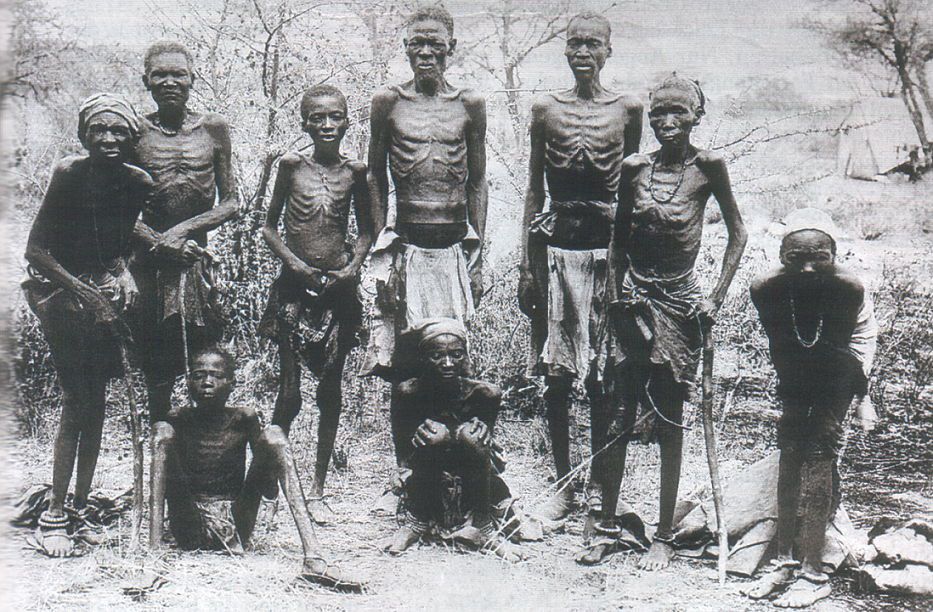There are no products in your shopping cart.
| 0 Items | £0.00 |


GERMANY has formally apologised to Namibia and agreed to pay $1.3bn worth of compensation for the genocide it committed against the Herero and Nama people over 100 years ago when it colonised the country.
In January 1904, the Herero people, led by Samuel Maharero and the Nama's led by Captain Hendrik Witbooi, rebelled against German colonial rule and the response was brutal. Between 24,000 and 100,000 Hereros and 10,000 Nama and an unknown number of San were killed in the German reprisals which included using starvation as a weapon of war and an outright military assault.
Once defeated militarily, thousands of Hereros and Namas were imprisoned in German concentration camps, where the majority of them died of disease, abuse, and exhaustion. In 1985, the United Nations' Whitaker Report classified the actions as an attempt to exterminate the Herero and Nama peoples and one of the earliest attempts at genocide in the 20th century.
In 2004, the German government recognised and apologised for the events but ruled out financial compensation for the victims' descendants. Yesterday, however, Berlin offered the descendants of the victims with $1.3bn for reconstruction and development.
German foreign minister Heiko Maas asked for forgiveness for the crimes of German colonial rule. He apologised for the fact that tens of thousands of men, women and children were shot, tortured or driven into the Kalahari Desert to starve by German troops between 1904 and 1908.
Mr Maas said: “Our goal was and is to find a common path to genuine reconciliation in memory of the victims. This includes naming the events of the German colonial period in what is now Namibia and in particular the atrocities in the period from 1904 to 1908, without sparing or glossing over them.
“We will now also officially call these events what they were from today’s perspective. A genocide.”
Namibian government spokesman Alfredo Hengari, added: "These are very positive developments in light of a very long process that has been accelerated over the past five years. People will never forget this genocide, as they live with it and this is an important process in terms of healing those wounds."